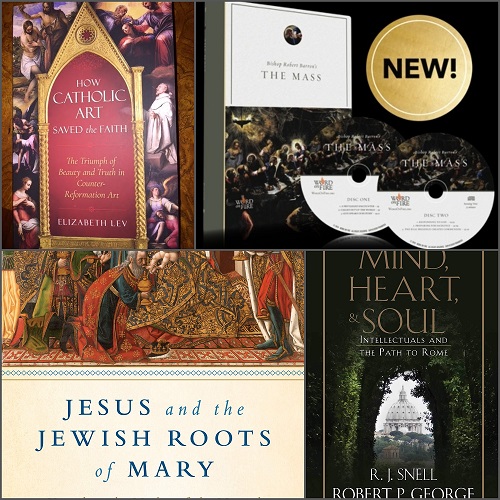Supreme Court Justice Ruth Bader Ginsburg, who passed away this evening after a long and courageous battle with cancer, wrote a wonderful piece for Medium about her love of music, especially the opera:
I owe my introduction to opera to a man ahead of the times, a conductor named Dean Dixon. A child prodigy, he read notes at age three, well before he could read words. At age nine, he made his radio debut as a violinist. Dixon graduated from Juilliard in 1936. There, he studied violin and took up conducting. Three years later, he earned a master’s degree in music education from Columbia University. Among Dixon’s endeavors, he sought to enrich children’s lives, as his had been enriched, by early exposure to beautiful music and to opera. He organized, rehearsed and conducted youth orchestra performances. On Saturday afternoons, he toured New York City high schools presenting operas designed for children’s appreciation. The settings were bare, but singers were costumed and principal vocal parts were performed. Dixon conducted and narrated the omitted portions so that operas could be contained within an hour’s span.
In 1944, at age 11, I had the great good fortune to attend one of Dean Dixon’s productions in the company of an aunt who taught English at a Brooklyn junior high school. The opera was La Gioconda, not the most likely choice for a first opera, but for me, it was an overwhelming experience. High drama conveyed through glorious music — I was spellbound.
Though she and Justice Antonin Scalia differed on many points of law, and certainly in ideology, Ginsburg’s love of operatic classics became a means of connection between the two of them, and from that a true friendship blossomed. She gave a warm and graceful eulogy at his funeral.
Twice each term, the Court holds musicales, which I arrange with the aid of Washington Performing Arts Executive Director Emeritus Douglas H. Wheeler. Thanks to talent scout nonpareil Barry Tucker, who heads the Richard Tucker Music Foundation, the Court’s fall musicales present the world’s best voices. And I look forward to the staging, this summer, of Derrick Wang’s marvelously amusing comic opera, Scalia/Ginsburg.
Yes, they disagreed. A lot. But somehow they managed to see each other as human beings, not units of animosity, and it was a beautiful, humane, and civilized thing.
I miss happy warriors. The sorts of people who could fight all week and then enjoy downtime together on the weekend. Or even just a glass of something cold and bracing.
Images Public Domain. Official SCOTUS portraits.



0 Comments